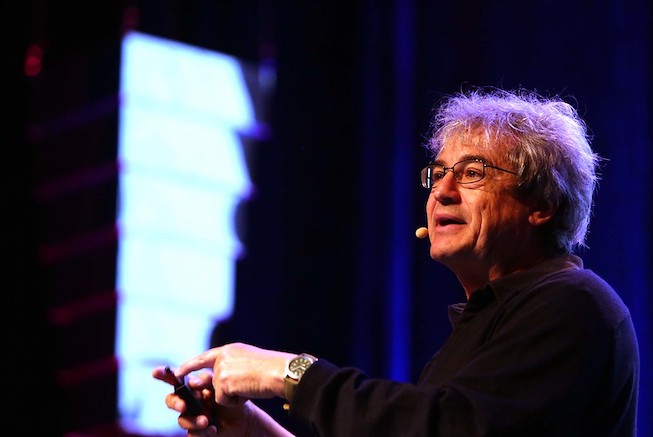
Nobel laureates demand cut to military spending worldwide - ‘Colossal waste of resources’
Over 50 Nobel laureates across the globe have come together and signed an open letter for all the countries to cut their military spending by 2 percent a year for the next five years.
They said: “Individual governments are under pressure to increase military spending because others do so.
“The feedback mechanism sustains a spiralling arms race – a colossal waste of resources that could be used far more wisely.”
According to the high-profile group, the aim is to create a “simple, concrete proposal for humankind”, although there is no realistic prospect military spending cuts will be enacted by large or medium-sized governments, or that any sums saved would be handed over to the UN and its agencies.
Data collated by Stockholm International Peace Research Institute suggests the total military spending amounted to $1,981bn (£1,496bn) last year, which is an increase of 2.6 percent.
The five biggest spenders were the US ($778bn), China ($252bn), India ($72.9bn), Russia ($61.7bn) and the UK ($59.2bn) – all of whom increased their budgets in 2020.
Rising tensions between Russia and the west over Ukraine and between China, the US and its Pacific allies over the disputed Taiwan have helped contribute to rising spending.
The letter’s signatories warned arms races can lead to “deadly and destructive conflicts”.
They said: “We have a simple proposal for humankind: the governments of all UN member-states negotiate a joint reduction of their military expenditure by 2 percent every year for five years.”
Other supporters of the letter include the Tibetan spiritual leader the Dalai Lama, who is a past winner of the Nobel peace prize, as well as the biologist and Cambridge University professor Sir Venki Ramakrishnan and the American molecular biologist Carol Greider.
They call on the world’s political leaders to allow “half of the resources freed up by this agreement” to be allocated to “a global fund, under UN supervision, to address humanity’s grave common problems: pandemics, climate change, and extreme poverty”.
Original source: Daily Express
Image credit: Some rights reserved by fronteirasweb, flickr creative commons
